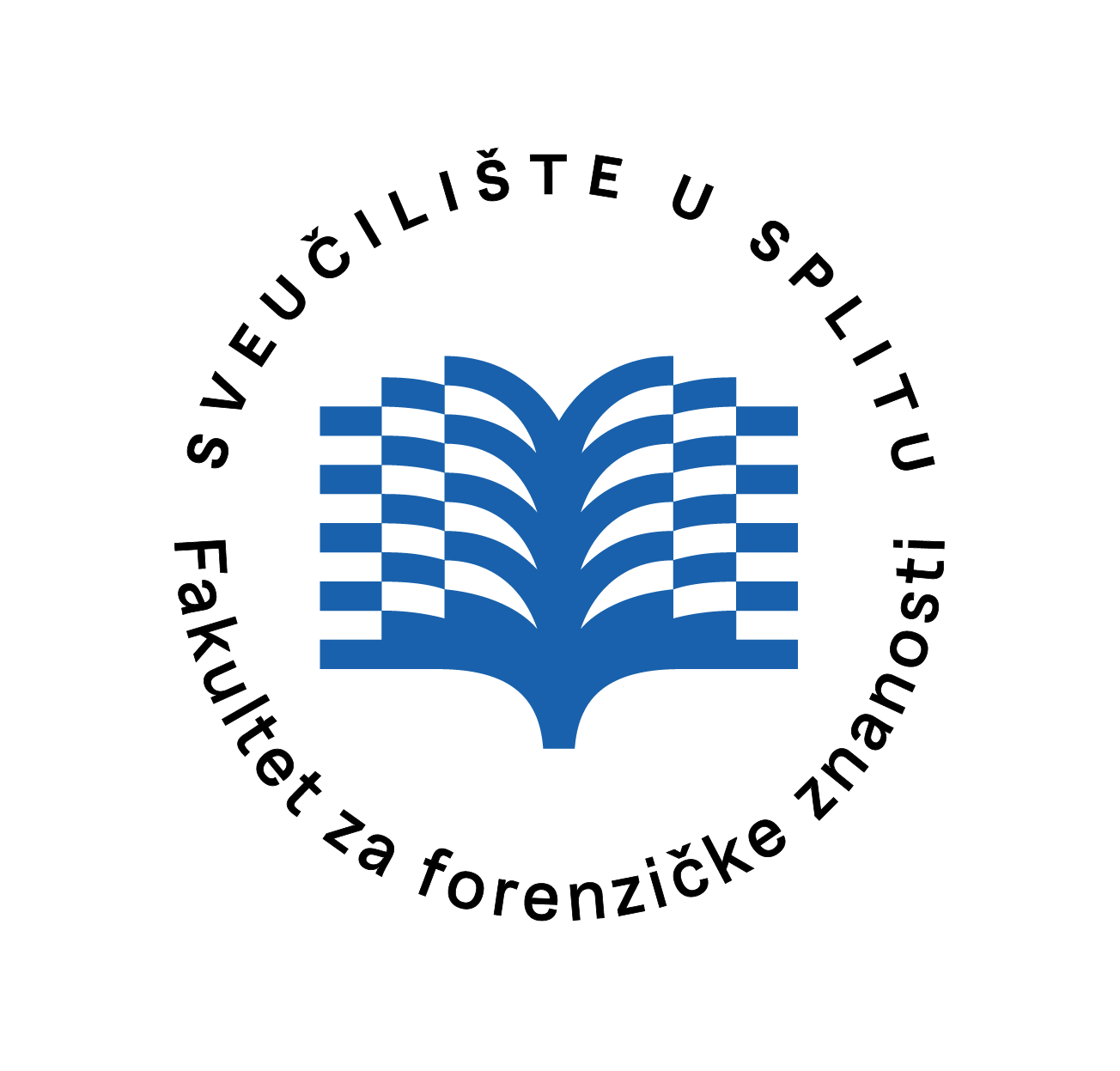Masters of Forensics from the Module Management in Firefighting and Fire Investigation acquire the knowledge and skills from the area of fire department management and fire investigations. They acquire competences of prevention and protection from fire and explosions, competences of firefighting, saving people and assets, providing technical assistance in accidents and dangerous situations and performing other tasks in accidents and disasters. Their competences provide them with the ability to work, in accordance with the law, in the Croatian Fire Brigade and in public fire departments, as well as in economic subjects and protection affairs.
MANAGEMENT IN FIREFIGHTING AND FIRE INVESTIGATIONS MODULE

CRIME SCENE INVESTIGATION MODULE
Are you interested in CSI?
We prepare students for an extremely dynamic and responsible job that includes field, laboratory and office work.
Graduate University Study of Forensics can be enrolled on the basis of the results of the classification procedure together with the completed appropriate study and with the acquired 180 ECTS credits. Candidates that have previously completed any university undergraduate or graduate study, have the right of enrollment to the Module Management in Firefighting and Fire Investigations if they meet the following enrollment conditions:
- Completed the appropriate undergraduate university study (with acquired at least 180 ECTS credits) or integrated undergraduate and graduate university study or graduate university study
- Completed the Differential Module Forensics for students that had previously completed undergraduate professional study or specialist graduate professional study
- Positive result of a psychological test.
After completion of the study program in the duration of 2 years, i.e. four semesters, the students acquire 120 ECTS credits and the academic title of Master of Forensics.
The study program is implemented within the interdisciplinary area of science, and competences that are acquired, among other things, provide students to do the following:
- To know the legal regulations in forensic sciences,
- To apply ethical norms in forensic sciences and in firefighting,
- To demonstrate knowledge of analytical and investigation methods in forensic sciences,
- To develop and apply the models of executive team management on the event scene and in firefighting interventions,
- To test the means for fire extinguishing, including budgeting the amount of funds for firefighting,
- To assess the risks for decision making regarding the extinguishing procedure and taking the operative measures,
- To know the characteristic of the equipment for technical intervention and rescue with regard to the type of threat,
- To control and test correctness of technical equipment and to independently train people to handle, maintain, control and supervise technical equipment,
- To properly understand the purpose and technical characteristics of specific types of equipment and the extinguishing media, and to recommend their optimal involvement in interventions,
- To develop and apply the standards of analyzing the victims of mass graves and mass catastrophes,
- To develop and apply the standards of recognition, processing and analyzing the traces of fires and explosions from the event scene,
- To create and critically evaluate an expert opinion,
- To analyze causes of crises and catastrophes and understand the risk concepts and methods of risk management,
- To develop and apply the standards of safety at work in forensic business entities.
DIFFERENTIAL
Graduate study of Forensics implemented at the University Department of Forensic Sciences represents an interdisciplinary area common to all the scientific areas and branches in line with advances in science and the requirements of the judiciary.
Some of the undergraduate and graduate studies are performed exclusively on the professional level and candidates from these studies cannot continue their education directly at our Graduate study of Forensics.
In order to provide further education and training of students of undergraduate and graduate professional studies at the University of Split, The University Department of Forensic Sciences has brought this plan and program of the differential module (differential exams), whereas the fundamentals for making this differential module plan are stated in further text.
Higher education in the Republic of Croatia is implemented on professional and on university levels. On the basis of article 77, item 5 of the Law on Scientific Activity and Higher Education (N.N. 123/03., 198/03., 105/04., 174/04., 02/07., 46/07., 45/09., 63/11., 94/13., 139/13., 101/14., 60/15., 131/17.), „Persons who have completed undergraduate professional study can apply for enrollment at a graduate university study in accordance with the general act of the University implementing that study, whereby their choice of enrollment can be conditioned by taking the competence exam during the classification procedure and/or by differential exams at the beginning of the study program in the status of either full-time or part-time student.”
Classes will be organized during the academic year. Exams need to be passed by the date of the classification procedure for the academic year in which the students wish to enroll in the Graduate University Study.
In addition to classical way of education, we also envisage implementation of distance learning. E-learning enables the candidates to participate in quality teaching regardless of distance, schedule, and similar life circumstances.
This program is intended primarily for students of professional studies who after acquiring the professional title of professional bachelor intend to continue higher education at the Graduate University Department for Forensic Sciences at the University of Split.
GENERAL
STUDY
Degree of study programme
Graduate study
ECTS points
120
Academic title
Master of forensic science/ Master of forensics
ADDRESS
University Department of Forensic Sciences
Ruđera Boškovića 33, 21000 Split
Phone
021 510 180
forenzika@unist.hr
CONTACT
Module coordinator
Šimun Anđelinović, PhD, full professor
Vice module coordinator
Ivana Kružić, PhD, associate professor
ivana.kruzic@unist.hr
